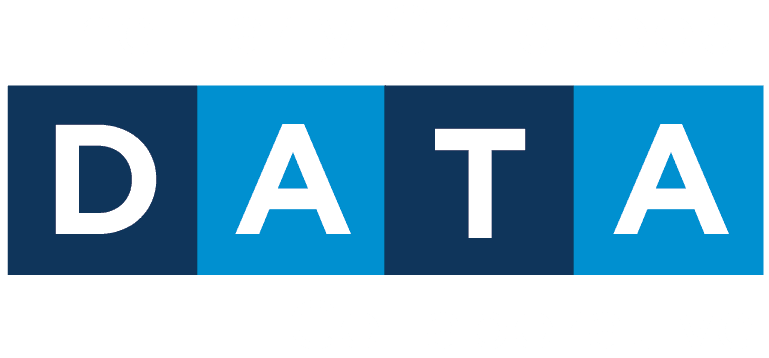
All parents, teachers, and policymakers want children to reach their maximum potential in school and in life. But a wave of research over the last few decades has shown that college and career readiness begins long before students even enter a classroom. Disparities in children’s abilities appear as early as the first year of life, and targeted interventions during the early childhood years can narrow the “school readiness gap.”
State policymakers throughout the United States are increasingly focused on closing this gap and preparing all students to succeed. To this end, states collect ECE data, but they are uncoordinated and often incomplete, and therefore cannot effectively support continuous improvement efforts. Not only are states unable to answer critical policy questions about their states’ public early care and education (ECE) systems, but policymakers often struggle to obtain answers even to basic questions. Coordinated state ECE data systems ensure that data are accessible, and grant stakeholders the capacity to use data appropriately.
Why Now
This is the ideal time for states to build and use coordinated state ECE data systems. There is growing state momentum to improve data collection efforts; increased federal support for data collection, including the State Advisory Councils’ specific focus on data systems development; and nationwide interest in using data for continuous improvement in human services and youth development. As states implement the 10 ECE Fundamentals and make new efforts to improve access and promote use of data, there is great potential for recognizable benefits for ECE programs and professionals, as well as for children, families and communities.
Supporting Data Use
To fully realize the potential of coordinated state ECE data systems, state policymakers need to establish policies, practices, and structures that ensure widespread access to care and help stakeholders use data effectively to guide decision-making. These actions address two goals:
- Ensuring timely, user-friendly and appropriate role-based access to data. State data systems need to serve a variety of stakeholders, so it is important to engage stakeholders at all levels when designing reporting systems. This ensures that the systems analyze and present data in ways that meet each stakeholder’s informational needs, and ensures the security and privacy of personally identifiable information (PII). States can also enhance access to data by minimizing delays between collecting data and sharing them publicly.
- Building stakeholders’ capacity to use data for continuous improvement. Coordinated state ECE systems work best if states invest in training, professional development, and other efforts that build the capacity of appropriate stakeholders to use the information for continuous improvement. States’ higher education and research communities can enhance the research capacity of states and provide guidance on correct interpretations of data. They can also provide education and training for stakeholders to use data to inform decision-making.
© Copyright 2024 ChildTrendsPrivacy Statement
Newsletter SignupLinkedInThreadsYouTube